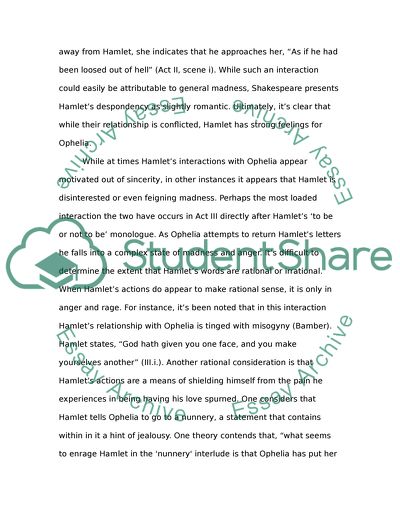Cite this document
(“Hamlet's Relationship with Ophelia Essay Example | Topics and Well Written Essays - 1250 words”, n.d.)
Retrieved from https://studentshare.org/literature/1436404-you-will-choose-a-topic-from-william
Retrieved from https://studentshare.org/literature/1436404-you-will-choose-a-topic-from-william
(Hamlet'S Relationship With Ophelia Essay Example | Topics and Well Written Essays - 1250 Words)
https://studentshare.org/literature/1436404-you-will-choose-a-topic-from-william.
https://studentshare.org/literature/1436404-you-will-choose-a-topic-from-william.
“Hamlet'S Relationship With Ophelia Essay Example | Topics and Well Written Essays - 1250 Words”, n.d. https://studentshare.org/literature/1436404-you-will-choose-a-topic-from-william.


